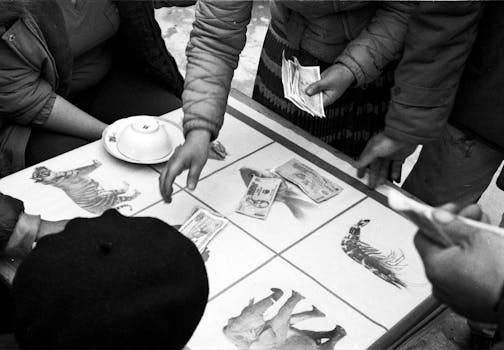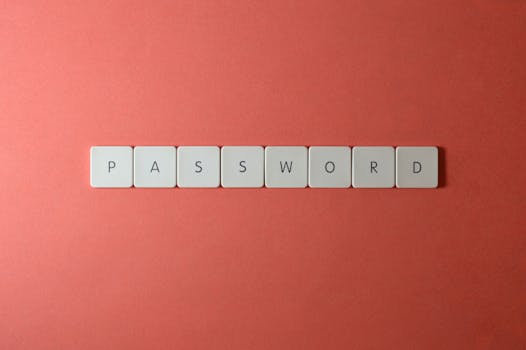What to Do If You Think You Have a Gambling Problem
Gambling can be a fun, recreational activity for many, but it can also become a serious problem that affects financial stability, relationships, and overall mental health. If you suspect that you or someone you love might have a gambling problem, recognizing the issue is the first step towards recovery. This article explores the main approaches to addressing a gambling addiction, comparing their benefits and drawbacks to help you find the right solution.
Understanding Gambling Addiction
Gambling addiction, also known as compulsive gambling or gambling disorder, involves repeated problematic gambling behavior that causes distress or impairment. It is classified by the American Psychiatric Association and requires treatment for recovery. Recognizing the signs of gambling addiction is crucial, which may include increasing preoccupation with gambling, needing to gamble with more money to achieve excitement, and repeated unsuccessful attempts to cut back or stop gambling.
Self-Help Strategies
Overview: Many people start with self-help strategies when they suspect a gambling problem. These include setting strict limits on money and time spent gambling, utilizing gambling blocking software, and actively seeking alternative hobbies to replace gambling activities.
Advantages: Self-help strategies can be implemented immediately and at no cost. They also empower individuals to take control of their behavior without relying on outside help, which can enhance self-confidence in managing the problem.
Disadvantages: For those with a severe gambling problem, self-help methods are often insufficient. Without professional guidance, it can be challenging to maintain the discipline needed to stick to the limits set, and relapse is common.
Practical Example: Someone might decide to only bring a certain amount of cash to a casino, leaving credit cards at home to avoid the temptation of drawing more funds.
Professional Counseling and Therapy
Overview: Counseling services, including cognitive-behavioral therapy (CBT), are widely regarded as effective treatments for gambling addiction. These therapies focus on changing the unhealthy gambling behaviors and thoughts and coping with stress and triggers in a healthier way.
Advantages: Professional therapy offers personalized support and has a proven track record of success, with many recovering gamblers maintaining long-term abstinence after therapy.
Disadvantages: Accessing professional help can be costly and may not be covered by all insurance plans. Additionally, individuals might feel stigma or shame in seeking professional help, which can be a barrier to accessing these services.
Practical Example: Through CBT, a person may learn to identify triggers that lead to gambling, develop new coping mechanisms, and reframe negative or false beliefs about gambling into positive, realistic ones.
Support Groups
Overview: Support groups like Gamblers Anonymous provide peer support from others who are facing similar challenges with gambling. These groups follow a 12-step recovery model and offer both in-person and online meetings.
Advantages: Support groups provide emotional support and accountability, which can significantly enhance the recovery journey. They are also usually free or low-cost.
Disadvantages: The 12-step model may not resonate with everyone, and some may feel uncomfortable sharing their experiences in a group setting.
Practical Example: Attending weekly meetings can help maintain focus on recovery and reduce feelings of isolation by connecting with others who understand the struggle against gambling addiction.
Family Therapy
Overview: Since gambling addiction often affects more than just the gambler, family therapy can be a valuable resource. This therapy involves family members in the treatment process to improve communication and resolve conflicts related to gambling.
Advantages: Family therapy can repair relationships damaged by gambling and ensure that family members are supportive and understanding of the recovery process.
Disadvantages: All family members need to be willing to participate, which might not always be possible. Additionally, unresolved issues within the family could complicate the therapy process.
Practical Example: A family might work together in therapy to set boundaries and financial controls that support the gambler’s recovery efforts.
Conclusion
If you think you have a gambling problem, taking immediate action is crucial. From self-help strategies and professional therapy to support groups and family therapy, several options can help you on your journey to recovery. Each method has its advantages and disadvantages, and often a combination of approaches is most effective. Assess your personal needs and consider starting with professional counseling for a tailored treatment plan. Remember, recovery is a journey, and reaching out for help is a sign of strength. If you are ready to start your recovery, visit Gamblers Anonymous or talk to a mental health professional today.

.png)





